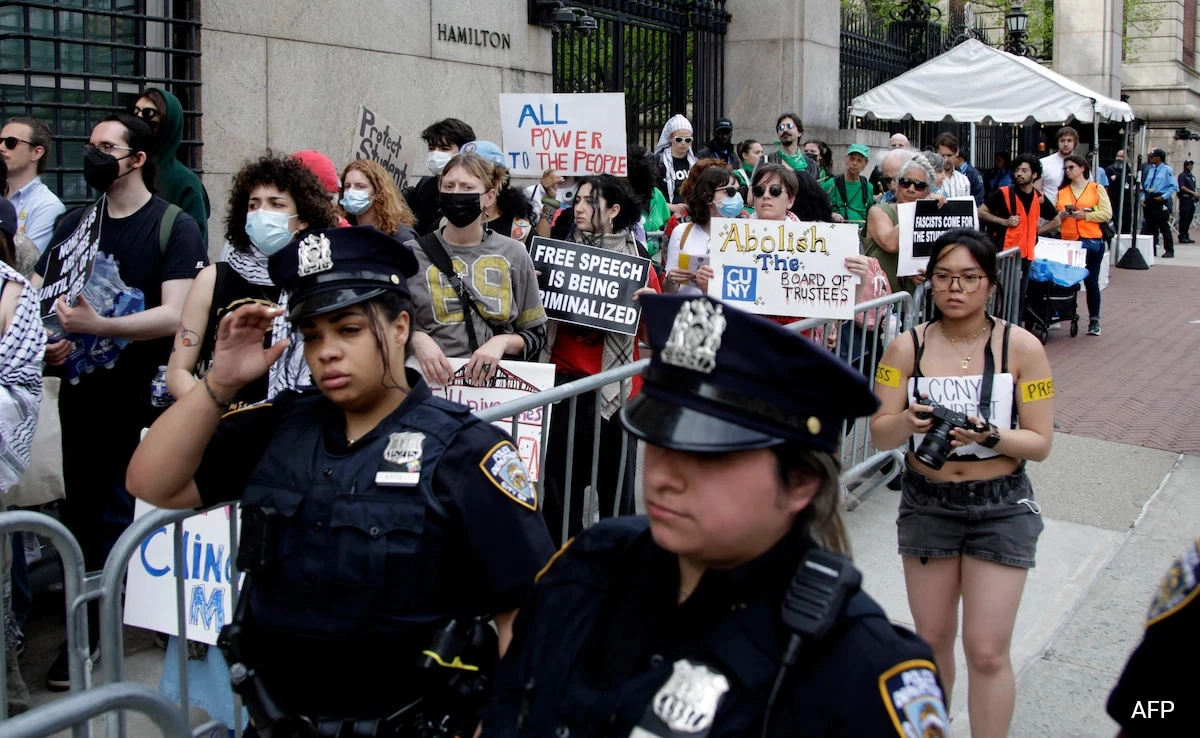The events of September 11, 2001, remain etched in the collective memory of the world, marking a pivotal moment in history. As we reflect on the 24 years that have passed since that fateful day, it is crucial to examine what truly transpired. On that morning, a coordinated terrorist attack orchestrated by the extremist group al-Qaeda unfolded, resulting in the tragic loss of nearly 3,000 lives and irrevocably altering the course of international relations, security policies, and public perception of terrorism. The attacks involved the hijacking of four commercial airplanes, two of which were flown into the Twin Towers of the World Trade Center in New York City, while another struck the Pentagon in Arlington, Virginia. The fourth plane, United Airlines Flight 93, was headed for a target in Washington, D.C., but courageous passengers fought back against the hijackers, leading to its crash in a field in Pennsylvania.
The immediate aftermath of the attacks saw a wave of shock and confusion. First responders rushed to the scenes, displaying heroism amidst chaos, while ordinary citizens rallied to support one another. The destruction of the Twin Towers not only claimed lives but also symbolized a profound loss of innocence and security for many Americans. In the following days and months, the U.S. government initiated a series of responses that included the implementation of the Patriot Act, aimed at enhancing national security but also raising concerns about civil liberties. The attacks prompted a global reassessment of terrorism, leading to military interventions in Afghanistan and Iraq, as the U.S. sought to dismantle al-Qaeda and its affiliates.
As the years have progressed, the narrative surrounding 9/11 has evolved. While the initial focus was on the immediate security threats, the long-term implications of the attacks have become increasingly evident. The wars in Afghanistan and Iraq have resulted in prolonged conflicts, with significant human, economic, and geopolitical costs. Furthermore, the rise of new extremist groups and the emergence of radical ideologies have continued to challenge global security frameworks. The legacy of 9/11 is not solely one of tragedy; it also encompasses resilience and the ongoing struggle to balance security with freedom.
In commemorating the 24th anniversary of the attacks, it is essential to remember the lives lost and the families forever changed. Moreover, it is an opportunity to reflect on the lessons learned from that day and the subsequent years. The world today is shaped by the events of September 11, 2001, and as we honor the memories of those who perished, we must also commit to fostering a future rooted in understanding, tolerance, and peace. The fight against terrorism remains a complex challenge, demanding a comprehensive approach that transcends military solutions and addresses the underlying factors contributing to extremism.




